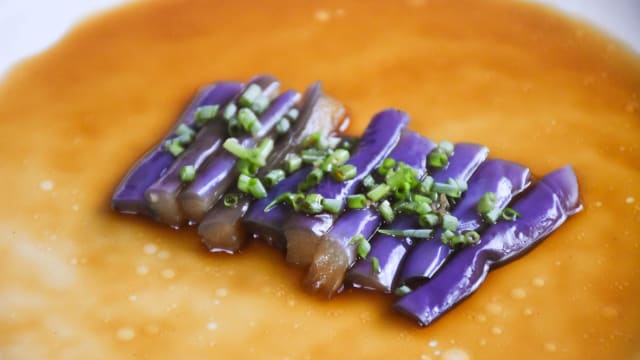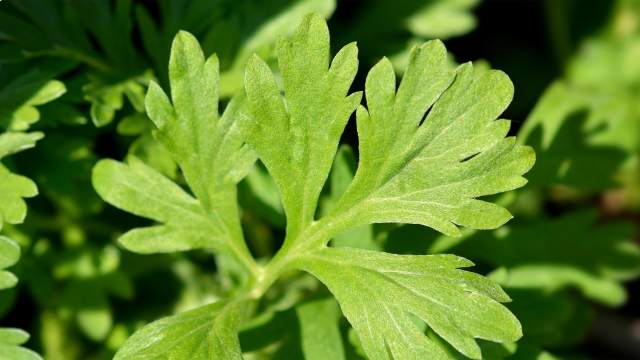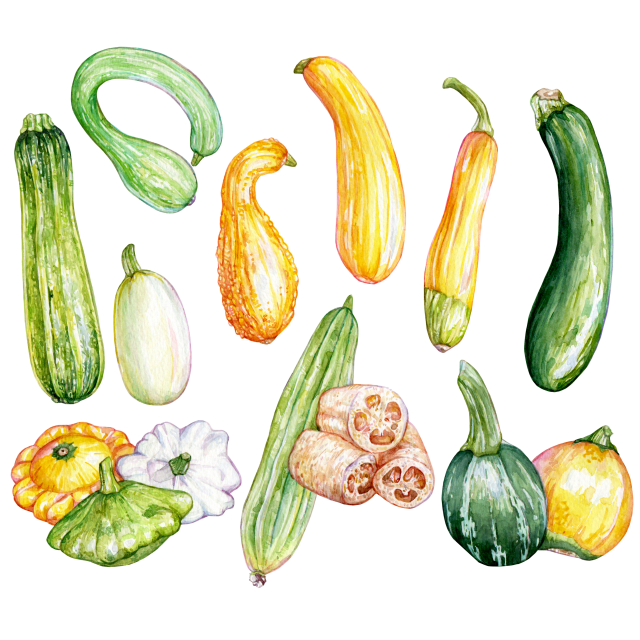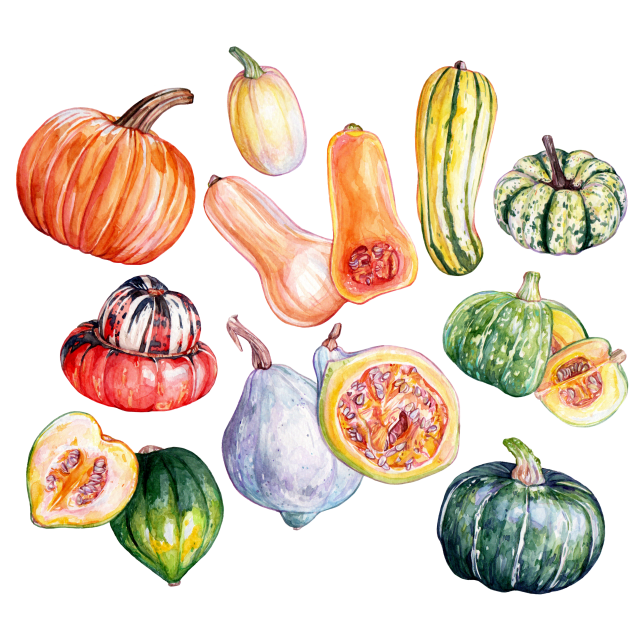Luffa with Soy Milk

Luffa with Soy Milk
Description
Luffa, a gourd in the Cucurbitaceae family, has a mild sweetness and absorbs flavors well. Sauté with salt, and pour over hot, lightly sweetened soymilk and goji berries for a simple, tasty dish. High in fiber and water, luffa aids digestion and provides vitamins A, C, and B6, along with iron and magnesium. Beta carotene in luffa supports healthy eyesight.
Ingredients
2 SERVES
- 1 Tbsp (15 ml) neutral cooking oil (such as avocado or grapeseed)
- 1 luffa gourd, peeled and cut into half-moons about 1-inch thick
- Pinch of salt
- ¼ cup (60 ml) water
- ½ cup (120 ml) unsweetened soy milk
- ½ tsp sugar
- 1 Tbsp (8 g) goji berries
Directions
-
Step 1
In a wok or skillet over medium heat, swirl in the oil. When the oil is hot and shimmering, toss in the luffa and salt. Add the water and cook, stirring occasionally, until the gourd is translucent, about 2 minutes. Taste for seasoning; add salt if desired. Transfer the cooked gourd into two small bowls or deep plates. -
Step 2
In a separate small saucepan, add the soy milk, sugar, and goji berries and simmer until the milk is hot. Pour it over the luffa and serve.
Explore Recipe Ingredients
About the author
More by Clarissa Wei

Liangban Qiezi
This chilled eggplant salad is a Taiwanese summer classic, marinated with aromatic Chinese black vinegar, soy sauce, and sesame oil.

Mugwort Dreams
& Dumplings
Grow mugwort for healing,
dreaming, and new ways
of cooking it.

Mugwort Dumplings
These beautiful, supple rice dumplings stuffed with sweet red bean paste are a traditional temple food, offered to the gods as a token of gratitude.





